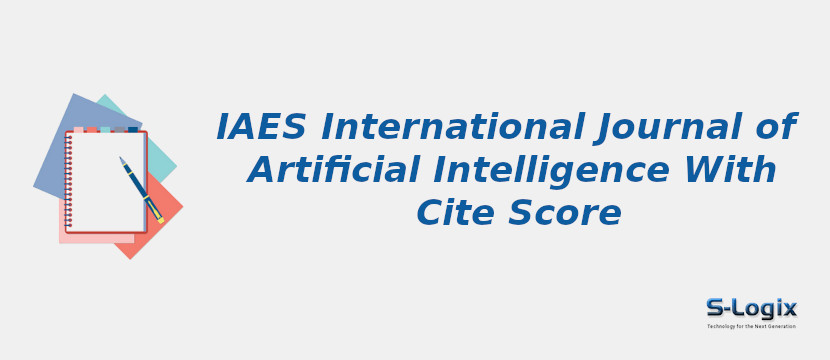Journal Home: Journal Homepage
Editor-in-Chief: Prof. Dr. Eugene Yu-Dong Zhang
Print ISSN: 2089-4872
Electronic ISSN: 2252-8938
Abstracting and Indexing: Scopus
Imapct Factor :
Subject Area and Category: Computer Science, Artificial Intelligence, Decision Sciences, Information Systems and Management, Engineering, Control and Systems Engineering, Electrical and Electronic Engineering
Publication Frequency:
H Index: 27
Q1:
Q2: Artificial Intelligence
Q3:
Q4:
Cite Score: 3.2
SNIP: 0.811
Journal Rank(SJR): 0.341
Guidelines for Authors: IAES International Journal of Artificial Intelligence Author Guidelines
Paper Submissions: Paper Submissions in IAES International Journal of Artificial Intelligence
Publisher: Institute of Advanced Engineering and Science (IAES)
Country: Indonesia
